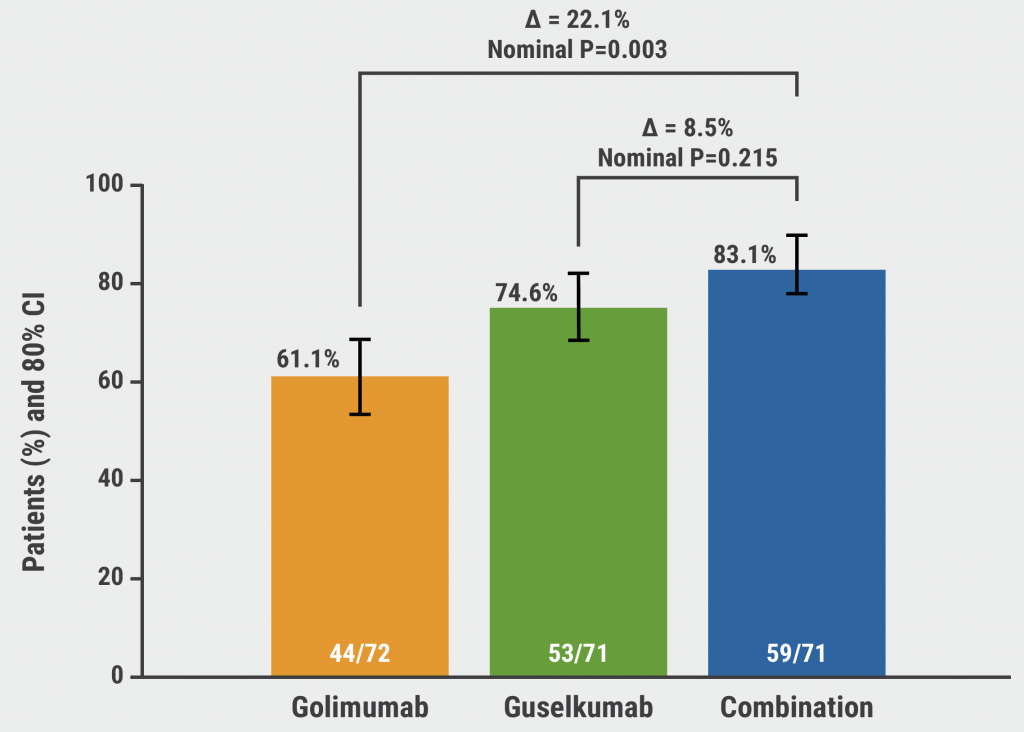"The ultimate goal of the work is to develop a device to help patients gain more control over IBD, which can be unpredictable. This would be the first IBD wearable," Badrinath Jagannath, a biomedical engineering doctoral student at UT Dallas, told Reuters Health by phone.
"It's like the check-engine light in a car," added Dr. Shalini Prasad, a professor of bioengineering in the Erik Jonsson School of Engineering and Computer Science at UT Dallas.
"The warning signal doesn't mean a patient is having a flare-up, but it could give the person the chance to intervene earlier, when the symptoms may be more responsive to treatment. The device also could help doctors understand sooner whether a treatment is working," said Dr. Prasad.
The sweat sensor detects and quantifies the presence of two biomarkers associated with IBD - interleukin-1-beta (IL-1b) and C-reactive protein (CRP). Both cytokines increase during a flareup.
The sensor uses passive sweat, which means that the wearer does not need to engage in physical activity or have their sweat glands expressed to generate a sample.
In a study of 20 healthy volunteers, the researchers showed that the sweat sensor could track levels of the two biomarkers, and they established baseline levels of the biomarkers in these people without IBD, Jagannath reported at the virtual Crohn's and Colitis Congress held earlier this month.
"The sensor demonstrates a limit of detection of 1 pg/mL with a dynamic range from 1 pg/mL to 512 pg/mL for both the biomarkers in sweat," the researchers report in their conference abstract.
"The sweat sensor demonstrated excellent correlation with reference ELISA method (Pearson's r >=0.95). On-body monitoring using sweat sensor from passively perspired human sweat demonstrated a mean concentration of 28 pg/mL for IL-1beta in the healthy cohort," they say.
The researchers have now launched a larger multicenter study to test the device in people with IBD. They hope to enroll 40 patients with Crohn's disease or ulcerative colitis.
"We want to be able to see the difference between what you see in a healthy individual versus what you see in an IBD patient. This will then establish the first technical proof of feasibility that this wearable has value for IBD patients with actionable data that they can use in the context of care," Dr. Prasad said.
Dr. Prasad said the sweat sensor also has the potential to track other diseases and conditions marked by inflammation.
This research was funded in part by the Crohn's and Colitis Foundation. Dr. Prasad and Dr. Sriram Muthukumar are co-founders of EnLiSense LLC, which is developing the device. The company owns the wearable platform and is in the process of getting regulatory approval for multiple use-cases.
SOURCE: https://crohnscolitiscongress.org/ Crohn's and Colitis Congress, January 21-24, 2021.
By Megan Brooks
Posted on
Previous Article
« Tamsulosin shows promise for overactive bladder in men Next Article
Lung-cancer salvage surgery might help after TKI treatment »
« Tamsulosin shows promise for overactive bladder in men Next Article
Lung-cancer salvage surgery might help after TKI treatment »
© 2024 Medicom Medical Publishers. All rights reserved. Terms and Conditions | Privacy Policy
HEAD OFFICE
Laarderhoogtweg 25
1101 EB Amsterdam
The Netherlands
T: +31 85 4012 560
E: publishers@medicom-publishers.com


